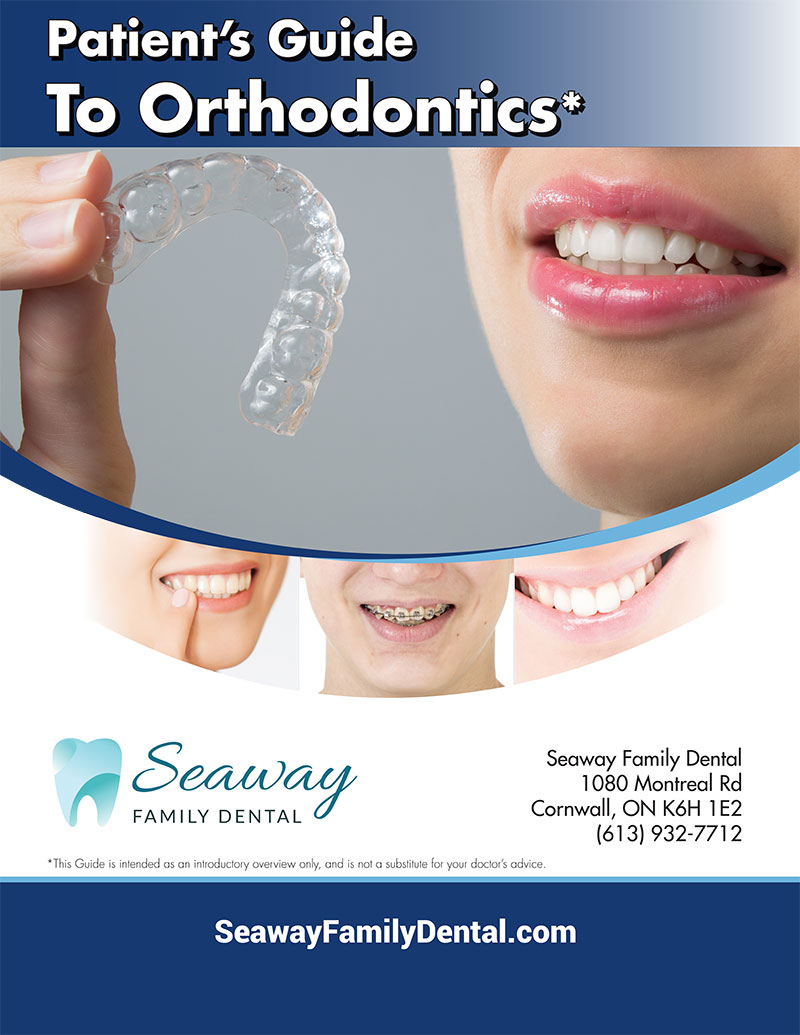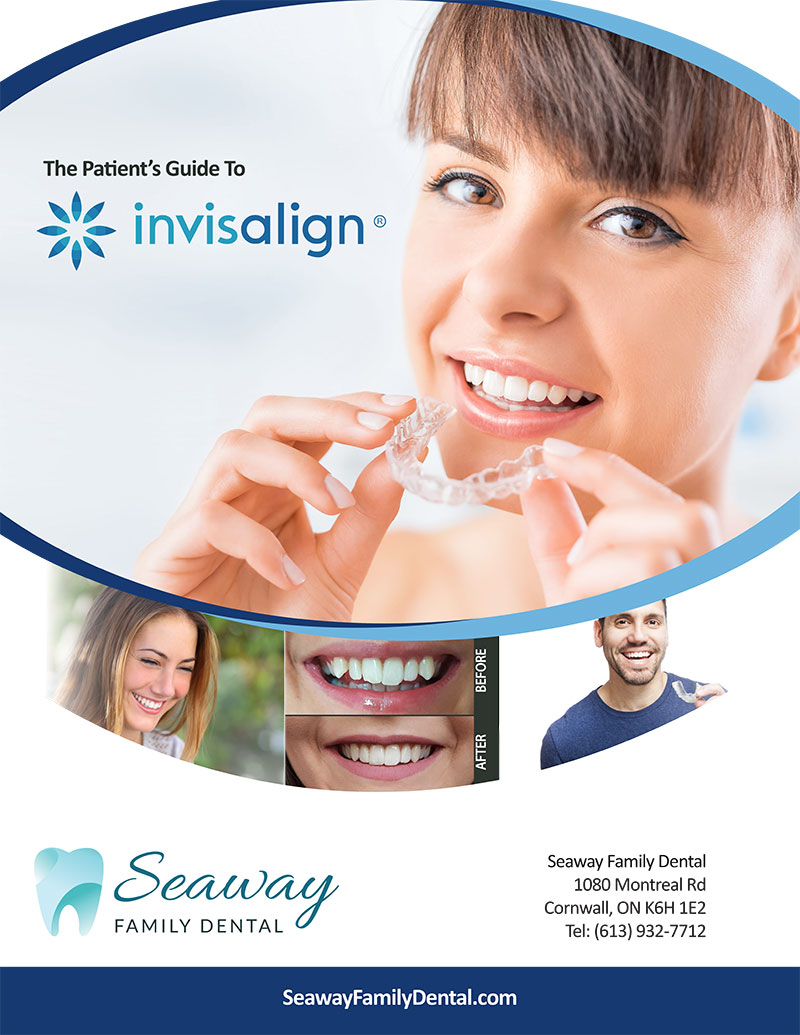
What Is Dental Bonding?
Dental bonding employs composite resin, the same material used in composite fillings, to shape and repair teeth. This technique can enhance the look of a smile by correcting discolouration, reshaping teeth, and closing gaps without the need for veneers or orthodontics. Known as Bonded Restoration, this process rebuilds chipped, cracked, or broken teeth, returning them to a like-new condition with proper care.
How Does Dental Bonding Compare to Other Options?
There are numerous methods for restoring teeth and achieving your desired smile, and the right option for you depends on your unique situation. During your visit, we will explore all possible treatments, outlining the advantages and disadvantages of each to assist you in making a well-informed choice. Here are some of the advantages of dental bonding:
Quick and Painless
Dental bonding stands out because it usually requires minimal preparation, unlike fillings or veneers which often need extensive drilling. This means most of your natural tooth remains intact, making the bonding process nearly always pain-free.
Low Upfront Cost
For those looking to make small adjustments to their teeth, dental bonding is an affordable option. Unlike more complex procedures such as veneers or orthodontics, which involve higher costs due to their extensive nature, dental bonding provides a simpler and more economical solution.
Great for Small Repairs
When you need minor adjustments to your teeth, dental bonding is the easiest and most effective option. While major smile transformations might require treatments like veneers, crowns, or orthodontics, dental bonding is perfect for making small, precise repairs.
The Dental Bonding Process
The steps for dental bonding are the same whether you’re aiming to enhance your smile’s aesthetics or repair a damaged tooth. Here’s what you can anticipate during your dental bonding session:
Preparing the Tooth
Initially, a thin plastic film known as a dental matrix is placed between your teeth to shield the adjacent ones from any stray preparation gel or composite resin. Following this, the dentist will thoroughly clean and dry the targeted tooth. A mildly acidic gel is then applied for a few seconds to create a rough surface, enhancing the bonding’s adherence.
Applying the Composite Resin
The dentist selects a composite resin that matches your natural tooth colour. After the tooth is dried following the removal of the acidic gel, the resin is applied in several layers. Each layer is hardened with a special blue light to ensure durability and strength. This layered approach results in a finish that looks natural and blends seamlessly with your other teeth.
Finishing Touches
The dental bonding procedure is finalized after ensuring your bite is properly aligned. The dentist will then polish the bonded tooth for a natural and attractive appearance. You may even forget which tooth was treated. This information will be recorded in your chart, and during future check-ups, the dentist will carefully inspect the bonded tooth for any signs of wear.
Contact us today
to schedule an initial consultation & exam.
Your consultation will include an examination of everything from your teeth, gums and soft tissues to the shape and condition of your bite. Generally, we want to see how your whole mouth looks and functions. Before we plan your treatment we want to know everything about the health and aesthetic of your smile, and most importantly, what you want to achieve so we can help you get there.
Frequently Asked Questions
The longevity of dental bonding on front teeth varies based on factors such as the bonding’s location, your eating habits, and your oral hygiene routine. Typically, dental bonding can last anywhere from 4 to 10 years or longer. During routine exams, if your dentist observes any wear and tear, additional composite resin can be applied to maintain the strength of the bonding.
While not a permanent solution, dental bonding is a highly durable option. With proper dental care, healthy eating habits, and regular check-ups, any wear and tear can be addressed by applying additional composite resin. Dental bonding can remain effective for more than ten years.
Veneers are the preferred choice for long-term results and for those wanting substantial changes to their smile. On the other hand, dental bonding is a more affordable option for minor adjustments and is less invasive, as it requires minimal alteration of the natural tooth. However, bonding typically has a shorter lifespan compared to veneers. Bonding and veneers serve different purposes and have unique advantages.
Dental bonding does not significantly impact your natural tooth, which remains mostly intact under the bonding material. Though the bonding itself may chip or break over time, it is easily repairable. One common issue is that dental bonding doesn’t change colour with teeth whitening. To address this, consider whitening your teeth before the bonding procedure or replacing the bonding afterward to match your newly whitened teeth. For a more durable and long-lasting solution, you might opt for dental veneers or crowns.
Yes, dental bonding can be removed if needed. The process involves carefully polishing away the bonding material without damaging the underlying natural tooth. This can be done if the bonding needs to be replaced or if you choose to switch to a different treatment option like veneers or crowns.
Yes, dental bonding can be an effective solution for closing small gaps between teeth. The composite resin material is applied and shaped to fill the gaps, creating a more uniform appearance. This is a minimally invasive procedure and can often be completed in a single visit.
Just Call - Booking Is That Easy!
Give Us a Call
Tell Us What You Need
Pick a Time That Works for You
















